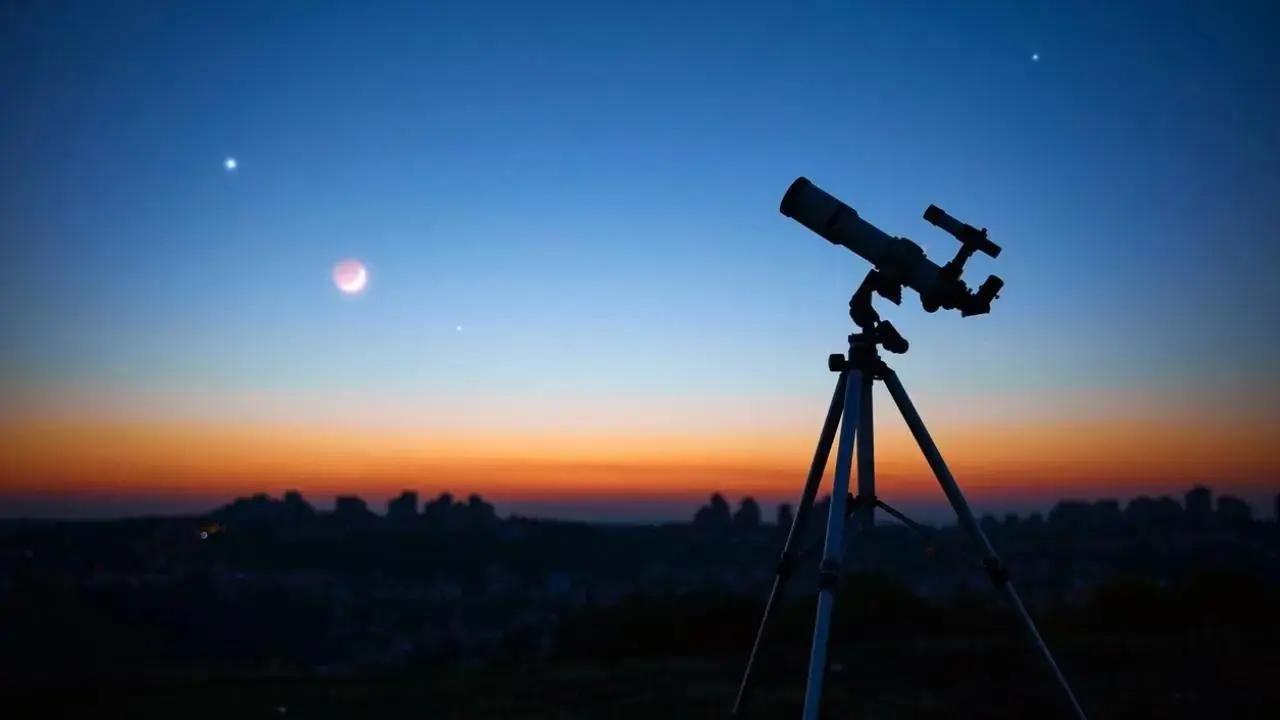Lunar Eclipse 2023: it's essential to keep a few important do's and don'ts in mind to ensure a safe and enjoyable experience

Representational Pic
As you prepare to witness the lunar eclipse of 2023, it's essential to keep a few important do's and don'ts in mind to ensure a safe and enjoyable experience. Here are some guidelines to follow:
As you prepare to witness the lunar eclipse of 2023, it's essential to keep a few important do's and don'ts in mind to ensure a safe and enjoyable experience. Here are some guidelines to follow:
Do's:
Plan Your Location: Choose a suitable location with minimal light pollution. Rural areas or designated dark sky sites provide the best viewing conditions.
Check Local Timing: Know the exact timing of the lunar eclipse for your location. Timing can vary depending on your geographical area.
Dress Accordingly: Be prepared for cooler temperatures, especially if you plan to stay outside for an extended period. Dress warmly and bring layers.
Use Binoculars or a Telescope: While a lunar eclipse is visible to the naked eye, using binoculars or a telescope can enhance your viewing experience and reveal more details on the moon's surface.
Bring Necessary Equipment: Don't forget to bring your camera, tripod, and any other photography equipment if you want to capture the eclipse.
Stay Informed: Keep an eye on local weather forecasts to ensure clear skies for viewing. Cloud cover can obstruct your view.
Join Viewing Events: Consider participating in local astronomy club or observatory viewing events. These gatherings provide expert guidance and a sense of community.
Don'ts:
Don't Stare at the Sun: During a lunar eclipse, it's crucial not to stare at the sun directly. The moon partially blocks the sun's light, which can be harmful to your eyes if observed without proper protection.
Avoid City Lights: Stay away from city lights and other sources of light pollution, as they can hinder your visibility of the lunar eclipse.
Don't Use Flashlights: If you need light during the eclipse, use a red LED flashlight or cover a regular flashlight with red cellophane. White light can affect your night vision.
Don't Rely on Smartphones: While smartphones can capture photos of the moon, they may not provide the best quality images. Using a dedicated camera with appropriate settings is recommended for photography.
Avoid Blocking the View: Be mindful of where you set up your equipment or position yourself. Avoid obstructing the view of other observers.
Don't Expect Total Darkness: Remember that during a lunar eclipse, the moon may appear dimly lit or take on a reddish hue. It won't be as dark as a solar eclipse.
 Subscribe today by clicking the link and stay updated with the latest news!" Click here!
Subscribe today by clicking the link and stay updated with the latest news!" Click here!










